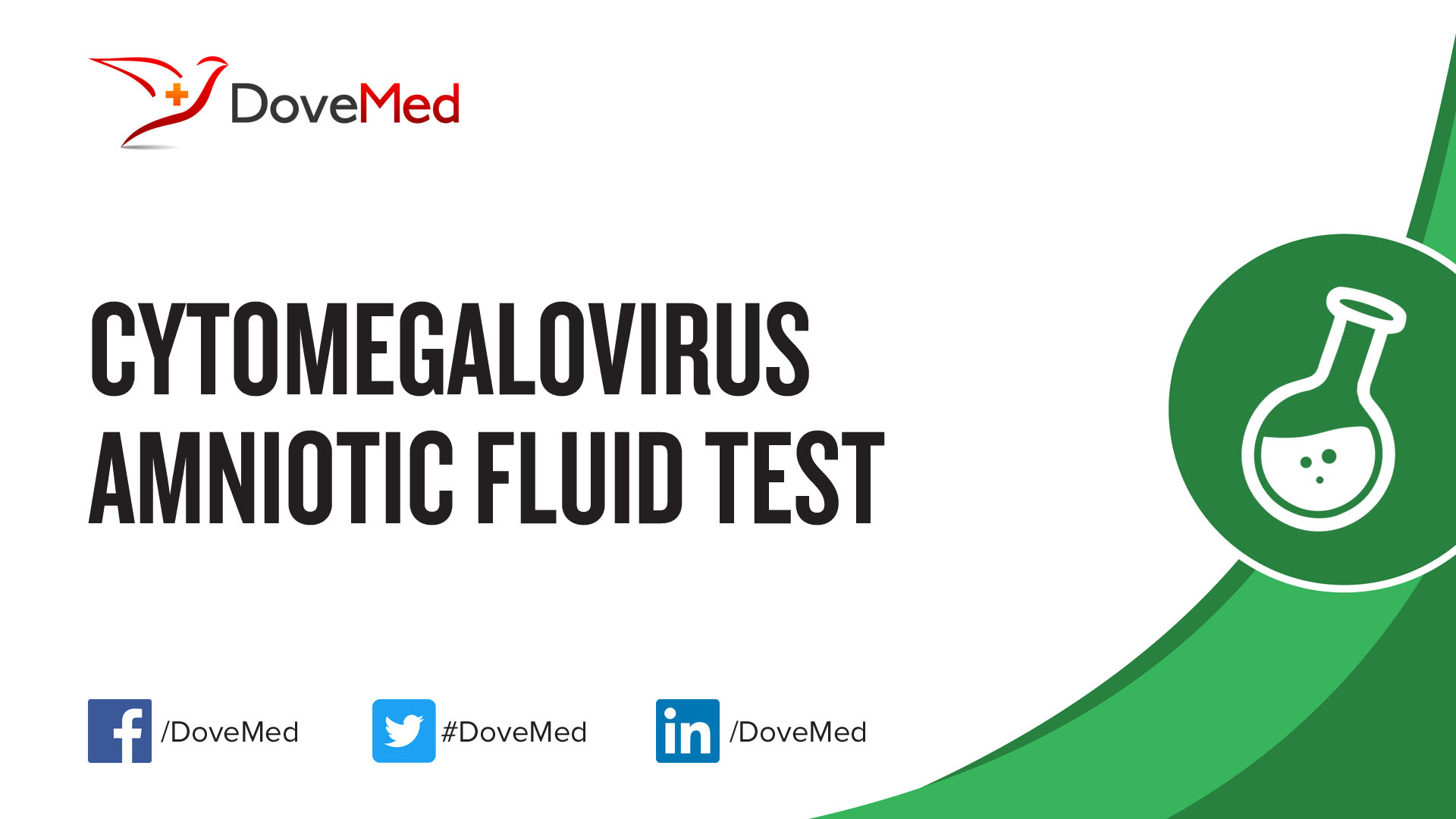


Other than this, there are no known risks or complications to the pregnancy or baby from this procedure. The risk of miscarriage after amniocentesis is estimated to be less than 1 in 200 pregnancies, although could be as low as 1 in 1000. There is a small risk of miscarriage with every pregnancy, having an amniocentesis may slightly increase that overall risk.
#Amniotic fluid test professional#
Your partner, a friend or family member, or a health professional such as your doctor or midwife are all good options. Consider also who you want to discuss any important decisions with. if both parents are carriers of a particular conditionīefore you have the test it’s a good idea to think about why you are choosing to do it, and how you will feel once you get the results.you are 35-37 years of age or over when your baby is due.you have already had a child with a genetic or chromosomal condition.you have had a high risk prenatal screening test result.While some women are advised to have this procedure, the final decision to do so is yours. Amniocentesis may help in making important decisions about your pregnancy. This test is not offered to all pregnant women. Related information on Australian websitesĪmniocentesis is a prenatal diagnostic test done after 15 weeks of pregnancy to confirm if your baby has a genetic or other chromosome condition.When will I get the results of my amniocentesis?.Amniocentesis is done to confirm if a baby has a genetic condition.It is only offered to some women during pregnancy.Amniocentesis is a prenatal diagnostic test.


 0 kommentar(er)
0 kommentar(er)
